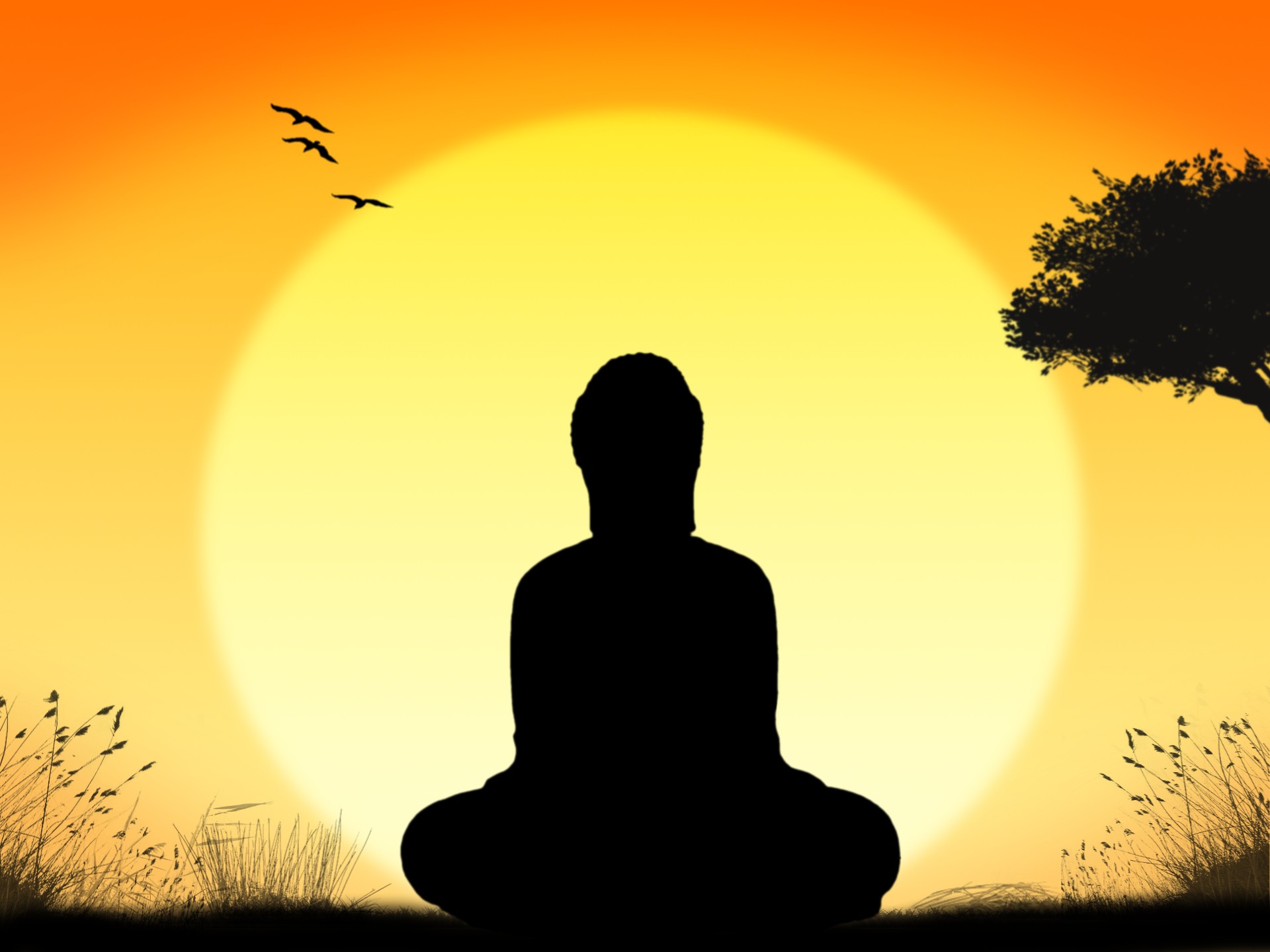
Today, I want to share a powerful insight from the practice of Neuro-Linguistic Programming (NLP) that will help you release stress and increase relaxation in the face of any challenge.
One of the primary things you learn from NLP is that your experience of life is in your control.
That doesn't mean that you can control every event or circumstance. What it does mean is that you can choose HOW you experience events and circumstances and HOW you relate to them. You can choose HOW you are doing your life.
Richard Bandler, the father and co-creator of NLP, began his work in the 1960s with a simple empirical approach. Rather than theorizing about "why" people did what they did, he would investigate "HOW they did it."
For example, he looked at how people who were successful in kicking habits, getting over loss, achieving success, and creating relaxed positive experiences used their minds to get those results.
He also looked at how people who were stuck in bad habits, lost in depression, ridden with stress and anxiety, and frustrated in moving forward used their minds.
What he discovered is that recurrent experiences are the result of habitual ways of perceiving things. It's all about how you are in the habit of interpreting your experiences.
If this is so, then, you have the ability to have new experiences by adopting new ways of perceiving the same situation.
As Bandler says, "When you think in a new way, you get to do new things and you get to feel new things." (p.xxvii, Get The Life You Want)
So how does NLP work? It begins with a present experience. You begin by looking at your present experience as something that you are doing rather than as something that is happening to you.
This is a powerful mental shift that is the key to overcoming stress as well. Stress is the result of looking at yourself as a victim of events that are happening to you, rather than seeing what you can do to make things better.
With this as a starting point, your first goal is to discover how you are mentally creating your experience of stress, consciously and subconsciously.
You can get a feel for how you do this by calling to mind a recent experience of stress...
When you have this experience in your mind, ask yourself the following simple series of questions.
What do I feel in my body?
Where is this feeling located? What are the qualities of this feeling?
Does it make me hot/cold? Does it make me breathe fast? Does it make my muscles contract? Is it heavy or light?
Where does the feeling start from? How does the feeling move in my body? Is there a direction to it?
You can move your hand in circles in different directions and see which one matches how your feeling is moving.
What images are associated with this feeling?
How many images are associated with my feeling? Are they moving or still? Are they in color or black and white? Are they small or large?
Where do I see them? (In front of me? Behind? Above? Below? Left? Right? In the middle?) Am I in the image or looking at it?
Are there any thoughts, beliefs, or words in my head associated with the feeling and images?
What words do I hear in my head? Who is speaking them? What is the tone, tempo, and rhythm? How do those words make me feel?
Are there any other sensations associated with the feeling/image/thought? Any smells, tastes, or bodily sensations?
Mr. Bandler calls this taking an inventory of the "submodalities" of your experience.
Now, bring to mind an experience of "relaxation" and go through the same questions:
What do I feel in my body? Where is this feeling located? What are the qualities of this feeling? How does the feeling move in my body? Is there a direction to it?
What images are associated with this feeling?
Are there any thoughts, beliefs, or words in my head associated with the feeling and images?
Are there any other sensations associated with the feeling/ image/thought? Any smells, tastes, or bodily sensations?
As you witness how you are doing relaxation and how you are doing stress, you see that these experiences are generated by doing different things. Since stress and relaxation are the result of what you are doing, you have power to step into these experiences and do something different.
You can imagine being relaxed in any situation, focus on relaxing thoughts, embody relaxing feelings and sensations, and take actions that make you feel empowered to take yourself out of stress and into relaxation.
One of the most powerful ways you can practice this is through meditation. In meditation, you learn to calmly witness how you are "doing stress"-and let that go-so you can consciously choose to "do relaxation and empowerment" instead.
Enjoy your practice!
http://ezinearticles.com/?How-Do-You-DO-Stress---How-Do-You-DO-Relaxation?&id=9477728


No comments:
Post a Comment